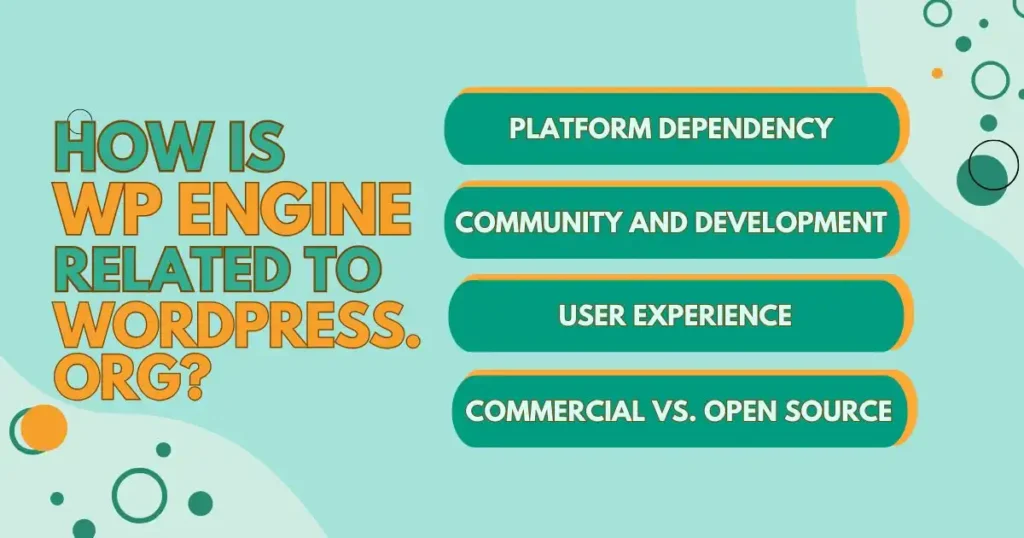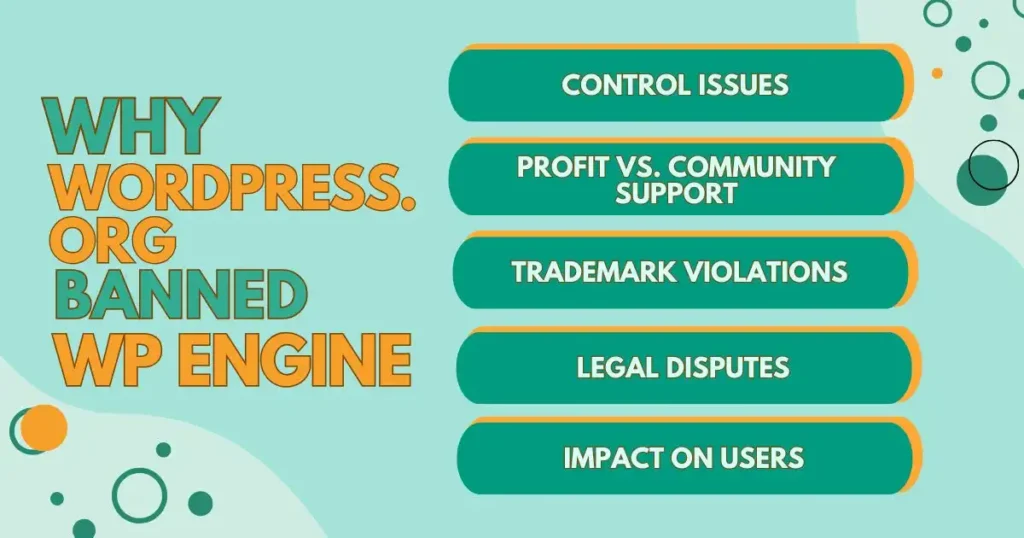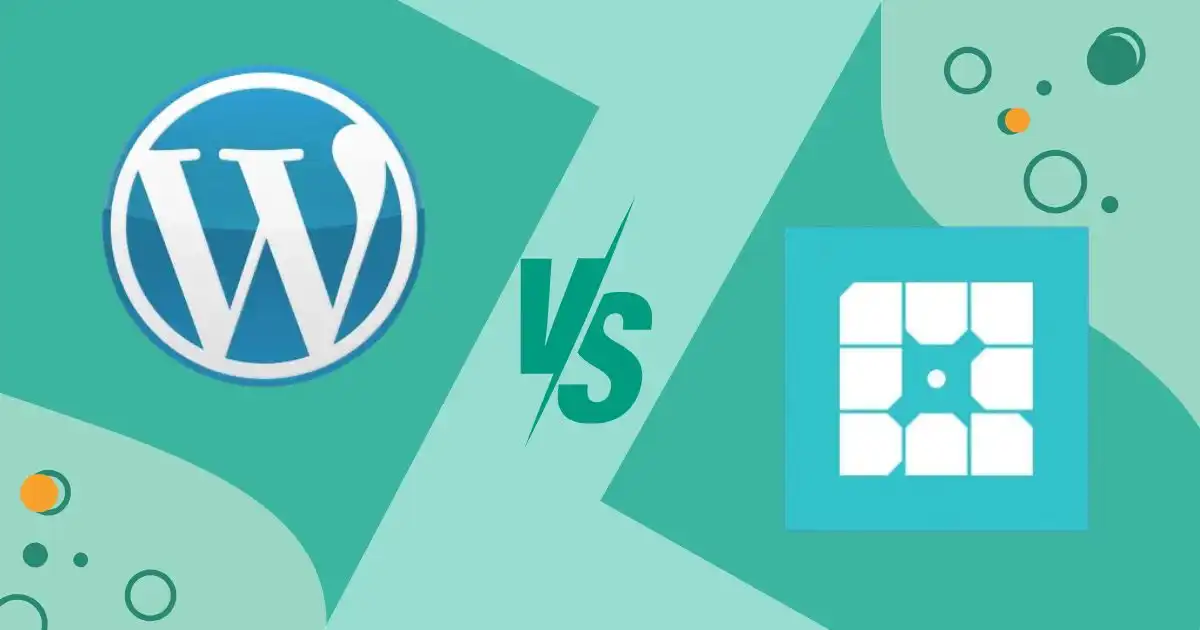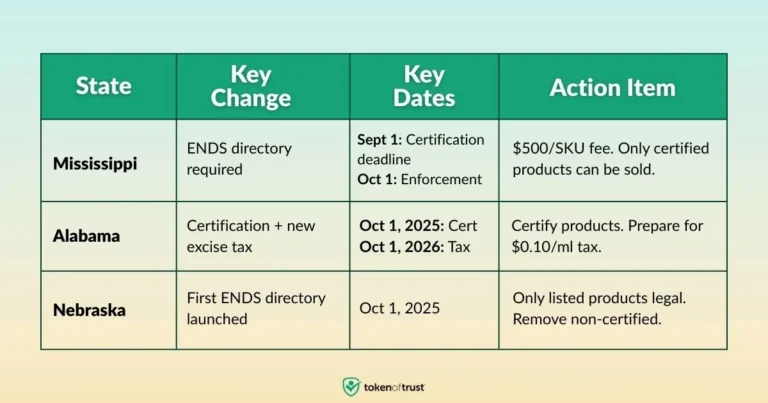WP Engine No Longer has Free Access to WordPress.org’s Resources
WordPress.org recently took steps that affected thousands of WP Engine customer websites, stemming from a dispute over access to WordPress.org’s resources. According to WordPress.org, WP Engine has implemented changes to control aspects of the WordPress ecosystem, including user logins and management of services like plugin directories and servers. In response, WordPress.org restricted WP Engine’s access to these resources, citing concerns over licensing and resource use, which has led to tensions between the two platforms.
How is WP Engine Related to WordPress.org?

WP Engine and WordPress.org are related in that WP Engine is a commercial web hosting provider that specializes in hosting WordPress websites, while WordPress.org is the official site for the open-source WordPress content management system.
Here’s how they are connected:
Platform Dependency
WP Engine’s services are built around the WordPress software, which is available for free from WordPress.org. Users who want to create websites using WordPress often rely on hosting providers like WP Engine to manage their sites.
Community and Development
WordPress.org is the hub for the development and distribution of the WordPress software. It hosts plugins, themes, and documentation, all of which enhance the WordPress experience. WP Engine, as a commercial entity, often benefits from the innovations and community contributions made within the WordPress.org ecosystem.
User Experience
WP Engine aims to provide a streamlined hosting experience for WordPress users, which means they have a vested interest in how the WordPress software is developed and updated. Changes made by WordPress.org can directly affect how WP Engine operates and what services they offer.
Commercial vs. Open Source
While WordPress.org is a free and open-source project, WP Engine is a for-profit company. This can sometimes lead to tension, especially if WP Engine implements policies or features that prioritize their business interests over the broader community needs highlighted on WordPress.org.
Why WordPress.org Banned WP Engine

WordPress.org decided to ban WP Engine due to rising tensions between the two companies. Here’s a breakdown of the main issues:
- Control Issues: Matt Mullenweg, the CEO of Automattic (which oversees WordPress), accused WP Engine of trying to take control over how users interact with WordPress. He claimed they wanted users to rely on their own systems for essential features, which goes against WordPress’s open-source principles.
- Profit vs. Community Support: Mullenweg criticized WP Engine for making significant profits from WordPress while not giving enough back to the community. He argued that WP Engine’s focus on profit was harmful to the values of WordPress.
- Trademark Violations: The WordPress Foundation claimed that WP Engine had ignored rules many times regarding the use of the WordPress name and logo, further straining their relationship.
- Legal Disputes: The conflict went into legal battles, with both companies sending cease-and-desist letters to each other. WP Engine accused Mullenweg of unfairly disrupting their business, while Automattic claimed WP Engine was violating its trademarks.
- Impact on Users: As a result of the ban, WP Engine customers could not install new plugins or update their themes, which left them vulnerable to security risks. WP Engine acknowledged this issue and said they were working on a solution.
WP Engine’s Lawsuit Against Automattic
WP Engine filed a lawsuit against Automattic, alleging that Matt Mullenweg misused resources from WordPress.org to harm their business. They claim he publicly defamed them and pressured their CEO to join Automattic. WP Engine also accuses Automattic of anti-competitive behavior, aiming to push their customers to use WordPress-owned services instead.
E-commerce Businesses are Affected
The recent limitations by WordPress.org have had a ripple effect on the core functionality of many WP Engine e-commerce websites. These disruptions, which limit access to plugins, themes, and other important WordPress features, directly impact critical tools for age verification and fraud prevention. For businesses in managed industries like tobacco, vape products, wine & spirits, firearms & ammo, and those selling high-value goods, the lack of ability to update or install these tools increases legal risks, compliance gaps, and exposure to fraud, threatening both their operations and customer security.
The Best Solutions for E-commerce Businesses
In light of the disruptions caused by the dispute between WordPress.org and WP Engine, many e-commerce businesses are seeking alternative hosting solutions. Cloudways, a DigitalOcean company, offers a flexible, user-friendly cloud hosting platform with multiple cloud providers, including DigitalOcean, AWS, and Google Cloud. Pantheon stands out for its three different environments—development, testing, and production—making site management easier without affecting live functionality. Further, for larger operations, AWS and Google Cloud provide highly customizable and scalable infrastructure to meet complex hosting needs.
At Token of Trust, we bring deep experience in developing plugins and apps for platforms like WordPress and WooCommerce. Our offerings include robust identity verification solutions, such as Government ID Verification and Biometric Face Verification, as well as comprehensive age assurance and fraud prevention tools. Additionally, we provide compliance solutions like PACT Act reporting and anti-money laundering screening, alongside tax automation for sales, VAT, and excise taxes. By working with us, e-commerce businesses can enhance security and streamline operations, making a safe environment for their customers.
Click “TOT Age Assurance Solutions” to learn more about our offerings!






